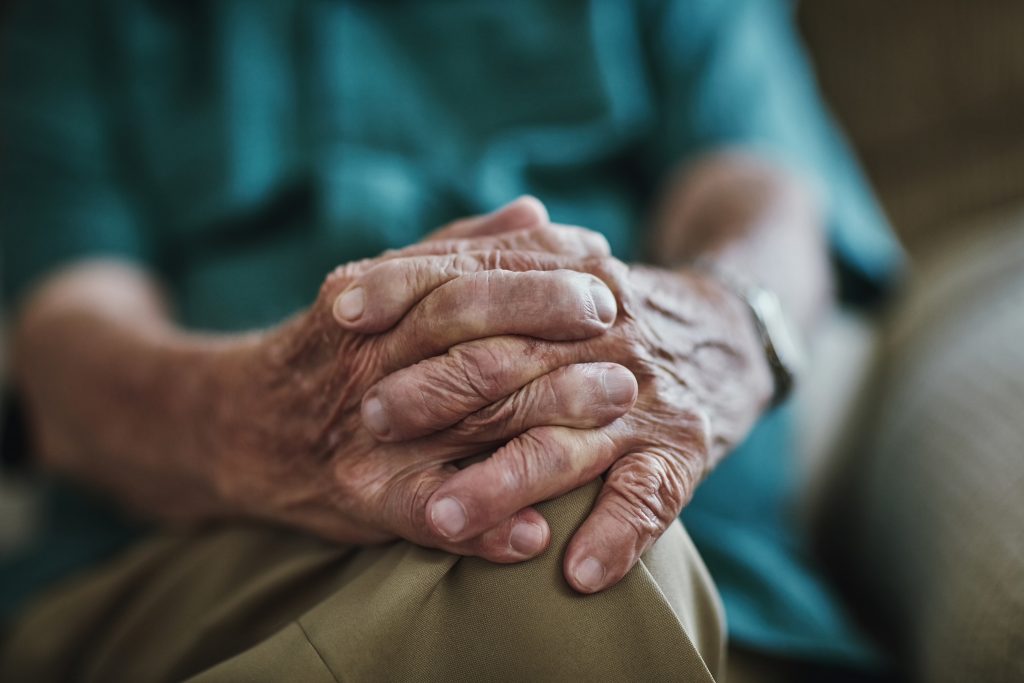
Blog post
Prioritizing Mental Health as a Universal Human Right
By: Neltada Charlemagne, DNP, APRN, PMHNP-BC, PHN, BHC
Suicide Prevention Awareness Month provides a dedicated time to come together and have honest conversations about mental health conditions and suicide.
The COVID-19 pandemic has brought with it stress, anxiety and grief for many Americans. There is a new sense of uncertainty in our everyday life. Daily routines are different, and ways of connecting with others have been changed. Isolation and depression have increased. During this coronavirus pandemic, it’s more important than ever to take steps to prevent suicide.
Suicidal thoughts can affect anyone regardless of age, gender or background. Persistent suicidal thoughts can be a symptom of untreated mental illness or caused by significant stress. Every year, thousands of Americans die from suicide, leaving family and friends to navigate a profound loss. Often, family members feel confused about what happened. Too commonly, shame and stigma discourage families and friends from talking openly about suicide.
A Time to Raise Awareness
September is National Suicide Prevention Awareness Month. September is a good time to share resources and stories that shed light on suicide―a topic that can be difficult to discuss. We use this month to raise awareness of suicide prevention.
Landmark’s Behavioral Health team can skillfully evaluate for the presence of depression, anxiety and assess suicide risk. Landmark-eligible patients can be referred to the Behavioral Health team by a Landmark provider, or patients and family can request these services directly.

A Patient’s Struggle with Suicidal Thoughts
The following story illustrates one patient’s struggle with depression and suicidal thoughts.
Mr. Jones*, a 76-year-old widower, was evaluated by a Landmark Behavioral Health provider for depression. His regular Landmark provider reported that he had made some concerning statements during the prior visit.
The Landmark Behavioral Health provider reached out to Mr. Jones using telemedicine (video call). Mr. Jones shared that he had been feeling lonely, frustrated about being sick, and upset about the changes in his functioning. He was concerned about an upcoming medical procedure. He said that if something did not change soon, he planned to take an overdose of medications that he had been stockpiling. The Behavioral Health provider used supportive and reflective listening while evaluating Mr. Jones’ suicide risk. After some discussion, Mr. Jones agreed to let our provider reach out to his son.
That afternoon, the Behavioral Health team formulated a plan to provide further support to Mr. Jones. The plan included a Landmark social worker providing counseling resources and scheduling weekly Behavioral Health appointments. The provider called Mr. Jones’ son to discuss the concerns about depression, isolation, and suicidal statements, and worked with his son to create a plan to remove the stockpiled medications.
Mr. Jones’ son responded immediately. He called his father and made plans to spend the weekend with him. During the visit, the son removed the stockpiled medications. From then on, the son and other family members reached out to Mr. Jones every day to talk with him.
The Landmark nurse care manager contacted Mr. Jones’ assisted living facility and arranged to have his medications delivered every day, and Mr. Jones agreed not to stockpile medications.
After this, Mr. Jones told his Landmark providers, his son, and his family members that he was feeling much better and no longer wanted to end his life.
Warning Signs of Suicidal Risk
It can be frightening if someone you love talks about suicidal thoughts or if even you, yourself are experiencing suicidal thoughts. It’s important to take these thoughts and feelings seriously.
Some warning signs of suicide include:
Crisis Resources
When a suicide-related crisis occurs, friends and family are often caught off-guard, unprepared and unsure what to do. Below are some resources available to you:
Suicide Prevention Awareness Month provides a dedicated time to come together and have honest conversations about mental health conditions and suicide.
Just one conversation can change a life.
*Patient’s name changed to protect privacy.

By: Neltada Charlemagne, DNP, APRN, PMHNP-BC, PHN, BHC

Older adults can safeguard themselves from the physical, mental and emotional toll of unexpected medical costs.

Optum Care Network – Monarch has teamed up with Landmark to deliver in-home medical care to members with multiple chronic conditions.